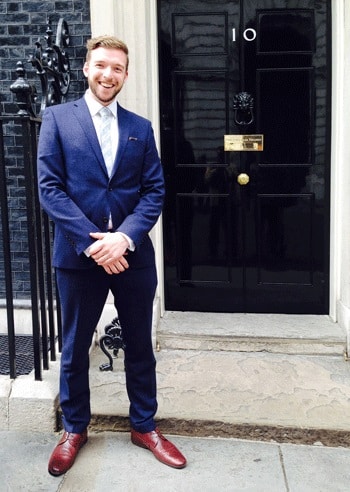PROBATE VALUATIONS IN THE WIRRAL
The History of The Wirral
The discovery of a hearth, flint tools, and stake holes, date human activity and settlement in Wirral to the Mesolithic period (15,000 to 5,000 BP). Possible settlement in Wirral may also have occurred during the Neolithic period, with the discovery of pottery and axes, and during the Bronze Age, with the discovery of urns.
It’s also known that there were Celtic inhabitants of Wirral in around 500 BC, and that Wirral had an important port used for trade with the Mediterranean and Gaul. Around the time that the Romans occupied Chester in 70 AD, there are signs that they also occupied Wirral. After the departure of the Romans in 410, it’s believed that the Celts inhabited the area, possibly up until the 6th century. Wirral may also have been a key strategic point for the deterrence of pirates shortly after Roman occupation.
After the destruction of Chester in 616, at the hands of the Anglo-Saxons, Wirral was inhabited by the Anglo-Saxons, which would last until the late 9th century when the Vikings started to attack the area. Wirral was attacked again after the Norman Conquest of 1066, but retained a large population; in the 1086 Domesday Book, Wirral had the second largest manor in Cheshire and one of the largest populations.
By 1545, the population of Wirral was shy of 4,000, and 15 separate parishes made up the peninsula. There was little development in Wirral until lighthouses were constructed in the 18th century, along with multiple ferry houses. By 1840, Wirral had railway access and by 1886, it was linked to Liverpool via tunnel.
Wirral grew rapidly after this point, with the population rising to 53,000 at the turn of the 20th century; borough status was also achieved. Trade thrived in Wirral, especially those trades based on port-industries. Improved transport links in 1971 led to the growth of commuting in Wirral; an important development after the devastation of World War II.



